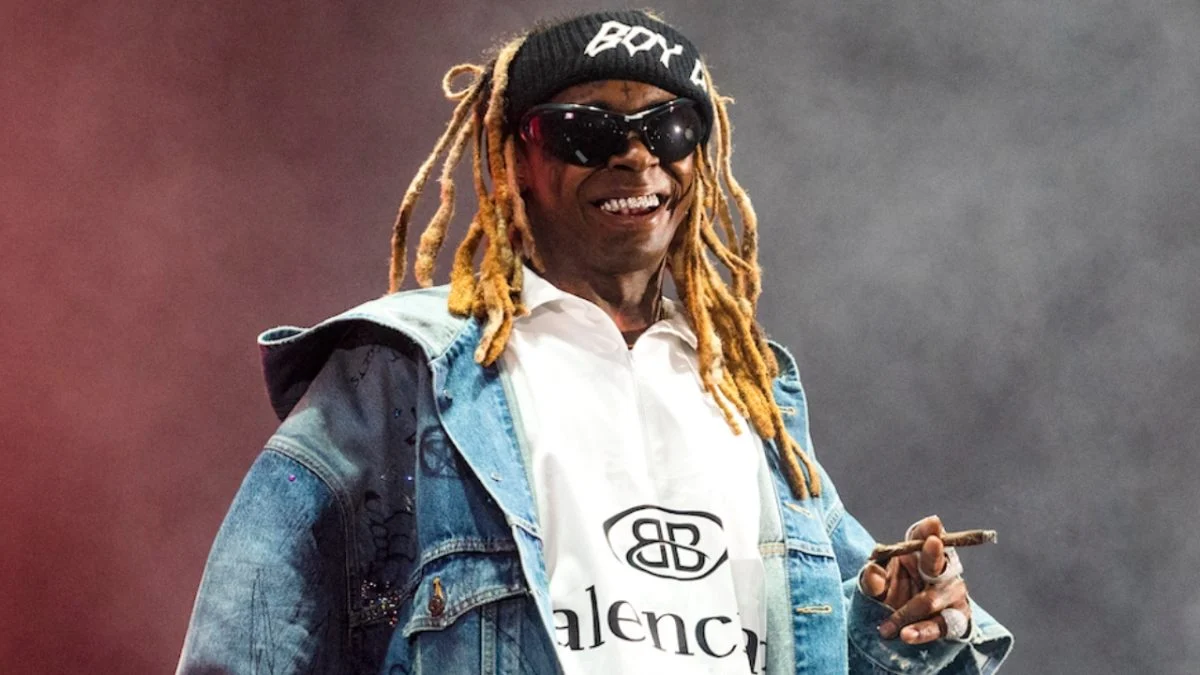Renowned rapper Lil Wayne has taken a stand in solidarity with the Writers Guild of America (WGA) strike movement by providing food for protestors outside the Warner Bros. studio in Burbank, California. As actor Greg Berlanti served breakfast, Lil Wayne supplied a Fatburger truck during lunchtime, earning appreciation from the demonstrators.
Expressing gratitude, one protestor shared, “Thank you, Lil Wayne, for sending a @Fatburger truck to the picket lines today AND for having a turkey burger so I can keep this #StrikeBodSummer going! #WritersStrike #WGAStrong.” The 40-year-old rapper’s support uplifted the spirits of those advocating for fair treatment within the industry.
This is not the first instance of prominent musicians backing the writers’ strike cause. Snoop Dogg, another influential figure, recently urged artists to boycott streaming services in a show of solidarity. Highlighting the writers’ struggle to receive adequate compensation for their work on streaming platforms, Snoop Dogg emphasized the disconnect between millions of streams and financial remuneration.
“[Artists] need to figure it out the same way the writers are figuring it out,” Snoop Dogg asserted. “The writers are striking because of streaming; they can’t get paid. Because when it’s on the platform, it’s not like in the box office.”
The rapper further questioned the inequitable distribution of revenue, wondering how artists could accumulate billions of streams yet receive only a fraction of the earnings. Snoop Dogg’s sentiments echoed the frustrations shared by many artists who witness significant streaming numbers but feel the monetary compensation does not reflect their popularity.
As the WGA strike movement gains momentum, the support from influential musicians like Lil Wayne and Snoop Dogg serves as a reminder of the ongoing challenges faced by creative professionals. Their involvement highlights the need for fair compensation and the reevaluation of revenue distribution models in the ever-evolving landscape of the entertainment industry.
By utilizing their platforms and resources to support the cause, these artists amplify the voices of the writers fighting for their rights and seek to create a more equitable system for all creatives involved in the production and distribution of content.




